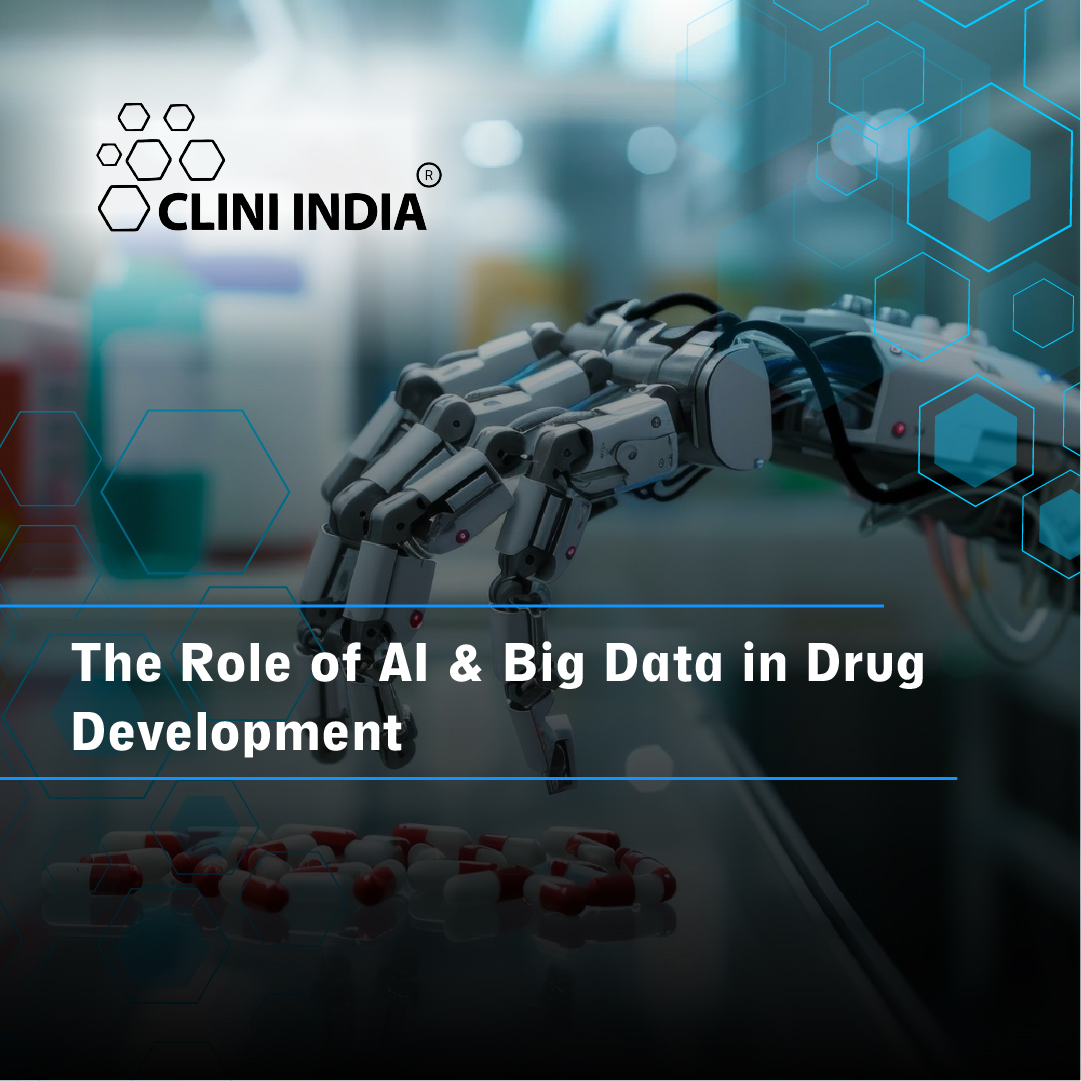
Data Management in Clinical Research: An Overview
Clinical research is a cornerstone of medical advancements, providing evidence-based insights into the safety and efficacy of treatments, drugs, and interventions. Central to this process is robust data management, which ensures that the data collected is accurate, secure, and reliable for regulatory submissions and scientific analysis. Here, we explore the key aspects of data management in clinical research.
The Importance of Data Management
Effective data management is vital in clinical research to:
- Ensure Data Integrity: Accurate and consistent data is essential for credible research outcomes.
- Meet Regulatory Compliance: Regulatory agencies like the FDA and EMA demand high standards in data handling.
- Facilitate Efficient Analysis: Well-organized data allows for faster and more accurate statistical analysis.
Key Steps in Data Management
- Data Collection:
- Use electronic data capture (EDC) systems to record patient information.
- Ensure standardized data entry through predefined forms and guidelines.
- Data Cleaning:
- Identify and correct discrepancies or missing values.
- Implement quality control measures to maintain accuracy.
- Data Storage:
- Utilize secure databases to store data.
- Ensure data backups and disaster recovery plans are in place.
- Data Security and Confidentiality:
- Protect patient information through encryption and secure access controls.
- Comply with regulations like GDPR or HIPAA to safeguard privacy.
- Data Analysis and Reporting:
- Apply statistical methods to interpret results.
- Generate comprehensive reports for stakeholders and regulators.
Challenges in Data Management
Despite technological advancements, data management in clinical research faces challenges such as:
- Handling large volumes of data from diverse sources.
- Ensuring data quality and minimizing errors.
- Maintaining compliance with evolving regulatory requirements.
Conclusion
Data management is an integral part of clinical research, bridging the gap between data collection and actionable insights. By adopting standardized processes, leveraging technology, and ensuring compliance, researchers can produce reliable outcomes that advance medical science. Efficient data management not only upholds the credibility of clinical trials but also ensures patient safety and trust in the research process.


























































